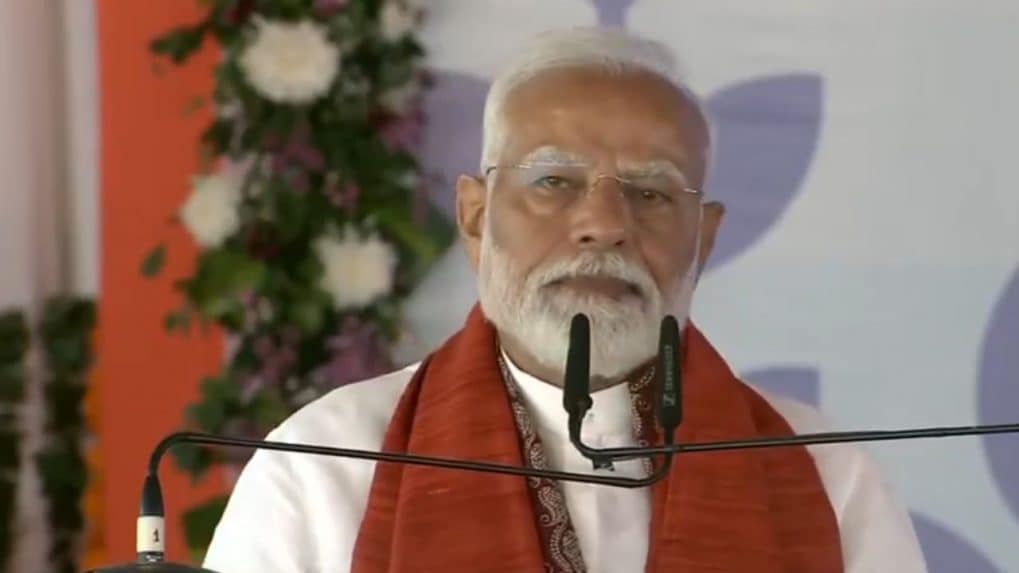'I eat makhana 300 days a year': PM Modi promotes superfood from Bihar
PM Modi emphasized the need to boost makhana production to increase exports, highlighting the crop's potential as a superfood and its growing popularity in Indian cities.
ADVERTISEMENT
Prime Minister Narendra Modi, who is currently in Bihar, has revealed that Foxnut (makhana) has become a special part of his daily diet.
Bihar produces 90 percent of makhana globally. During the election rally in Bhagalpur, PM Modi said in Hindi, "Makhana has become a staple part of breakfast in cities across India. Personally, I eat makhana 300 out of 365 days a year".
PM Modi emphasized the need to boost makhana production to increase exports, highlighting the crop's potential as a superfood and its growing popularity in Indian cities.
The next global snack: Can the humble makhana conquer the world?
This year, the Modi-led Centre government announced to creation of a Makhana Board in Bihar to improve the production and processing of makhana.
PM Modi was also felicitated with a garland made of makhana on his visit to Bhagalpur.
Makahna are known as a superfood as they are highly rich in protein and low in calories. This nutritional profile has contributed to a significant uptick in both domestic consumption and export potential.
However, the price volatility of the superfood has remained a key hurdle in reaching the masses. The price of makhana has been climbing, driven by supply constraints and fluctuating crop yields.
Nikhil Kamath bets on Makhana, now FM gives the superfood a boost; reactions galore
According to Sreejith Moolayil, Co-Founder of True Elements, the price of makhana has spiked 200% in the past year. For makhana to go mainstream and compete with potato chips, the price point must be addressed, the entrepreneur said.
Founder Rishab Jain of Mr. Makhana brand said when he started the company, makhana was priced at Rs 350–400 per kilo; today, it’s nearly Rs 1500/kilo.
Prateek Bhagchandka, Founder & CEO of MOM (Meal of the Moment) said that better seed practices, improved crop yield, and lower price volatility could stabilize the makhana market and facilitate mass adoption.
Santosh Desai, CEO of Futurebrands, suggests that makhana is positioned at the intersection of global health trends, much like quinoa or kale before it. With the right strategy, makhana could soon be a mainstay on the shelves of health-conscious consumers worldwide.


